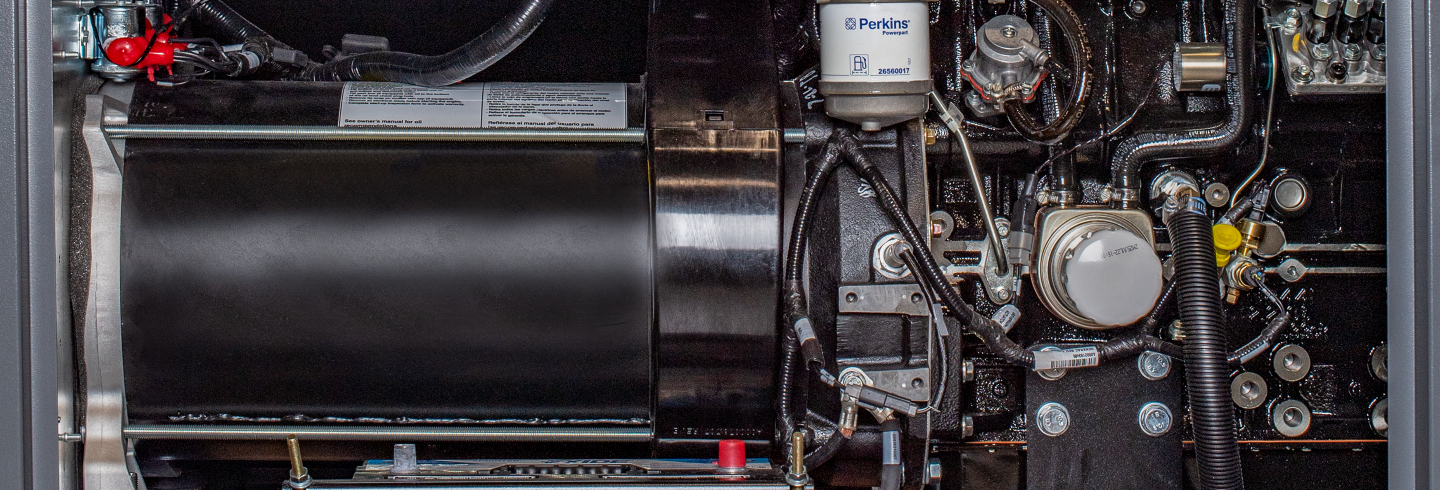
Natural Gas Reliability The Pipeline is Strong
The Pipeline is Strong; Regional Acceptance is Growing
Over 170 million Americans use and rely on natural gas to heat their homes and cook their food. That number continues to rise as the nation’s abundance of natural gas rises and prices stay low.
More than 5.4 million commercial natural gas customers — such as schools, businesses, hotels and hospitals — also rely on natural gas for space and water heating, with the opportunity to also use natural gas to fuel backup electrical generator systems. There are currently more than 2.4 million miles of pipeline infrastructure in the country, and natural gas utilities are spending more than $19 billion each year to upgrade, expand service and even further advance the safety of the natural gas distribution system.
The natural gas infrastructure in America is poised for steady growth. This abundant, cost-effective, clean natural gas pipeline is earning the backing of many state-level expansion proposals. According to the American Gas Association (AGA), 39 states have adopted or are considered new natural gas expansion proposals that will increase the strength of the pipeline system. The modernization of the infrastructure is also seeing big boosts from 41 states that have specific rate mechanisms that foster the accelerated replacement of pipelines to enhance safety and reliability.

The reliability that’s inherently built into the natural gas pipeline is driving regional acceptance for businesses to choose natural gas backup generators. Because natural gas is delivered by underground pipelines, not by over-the-road diesel trucks to diesel storage tanks kept on-site, it’s less likely to be compromised during major disasters that result in power outages. Diesel fuel shortages in 2012’s Hurricane Sandy led to massive difficulties in getting diesel fuel to customers in need.
Natural gas has a history of reliability. Its low maintenance needs and the strength of its delivery system plays an incredibly useful role in enabling its acceptance as a backup power fuel source. As diesel fuel goes, with the constant need to tend to the fuel and storage system, many engineers and contractors are starting to specify natural gas generators where the business is already relying on natural gas for other systems. Additionally, in areas where environmental responsibility is a priority, specifying engineers are choosing natural gas due to its smaller carbon footprint versus diesel.
While big change may come slowly, technologically advanced natural gas-fueled generators are quickly becoming more attractive for standby applications where natural gas is already a strong and well-respected fuel choice.
Related Articles
- How Does the Underground Natural Gas Delivery System Work?
